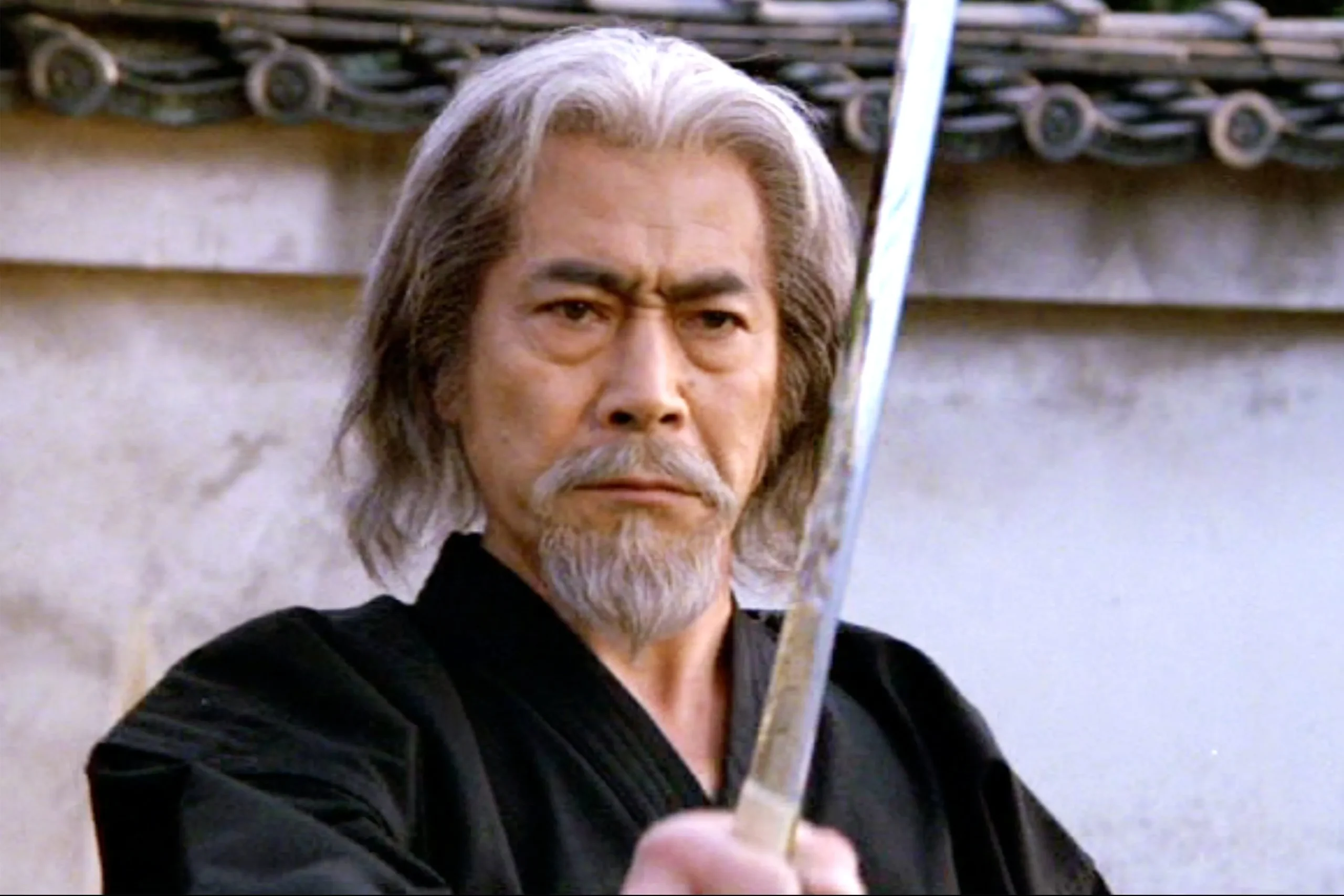The Versatility of Toshiro Mifune: Exploring His Diverse Roles
Toshiro Mifune is widely regarded as one of the greatest actors in the history of cinema, not just in Japan but globally. His collaborations with legendary director Akira Kurosawa are iconic, but Mifune’s versatility extends far beyond the samurai roles for which he is most famous. Over his five-decade career, Mifune showcased an incredible range of characters, from fierce warriors to vulnerable heroes, and even comedic roles, solidifying his place as a cinematic legend. This post explores the remarkable diversity of Mifune’s roles and how he managed to captivate audiences across different genres and cultures.
1. The Archetypal Samurai: Seven Samurai (1954)
Role: Kikuchiyo
When people think of Toshiro Mifune, the image of Kikuchiyo in Seven Samurai often comes to mind. Directed by Akira Kurosawa, this film is a cornerstone of Japanese cinema, and Mifune’s portrayal of the wild, brash samurai who eventually reveals a deeply human side is unforgettable. Kikuchiyo is not your typical stoic warrior; he is impulsive, loud, and at times humorous, but Mifune’s performance gives the character depth and complexity, making him a central figure in the film’s narrative.

Why It’s Significant:
This role cemented Mifune’s reputation as the quintessential samurai actor, capable of infusing his characters with both intensity and humanity.
2. The Cynical Drifter: Yojimbo (1961)
Role: Sanjuro Kuwabatake
In Yojimbo, Mifune takes on the role of Sanjuro, a cynical and mysterious ronin who manipulates two rival factions in a small town to his advantage. This character, with his rugged demeanor and dry wit, is a masterclass in understated acting. Mifune’s ability to convey the weariness and cunning of a seasoned warrior without losing the audience’s sympathy is what makes Sanjuro one of the most memorable characters in film history.
Why It’s Significant:
Sanjuro’s role in Yojimbo exemplifies Mifune’s skill in portraying complex anti-heroes, influencing countless Western films, including Sergio Leone’s A Fistful of Dollars.
3. The Noble General: The Hidden Fortress (1958)
Role: General Rokurota Makabe
In The Hidden Fortress, Mifune plays General Rokurota, a loyal and noble warrior tasked with protecting a princess. This role allowed Mifune to showcase a different side of his acting range—the disciplined, honorable soldier who is steadfast in his duty. The film’s story is told through the perspective of two bumbling peasants, but Mifune’s presence as the calm and composed general provides a strong counterbalance, grounding the film in its epic narrative.
Why It’s Significant:
Mifune’s portrayal of General Rokurota highlighted his ability to embody characters of great dignity and honor, contributing to the film’s influence on future epic adventures, including George Lucas’s Star Wars.
4. The Tragic Hero: Rashomon (1950)
Role: Tajomaru
In Rashomon, Mifune plays the bandit Tajomaru, a role that required him to explore the darker, more primal aspects of human nature. The film, which presents multiple perspectives of the same event, allowed Mifune to display his versatility by interpreting the same character in different ways—each version reflecting the narrator’s biases and emotions. This role showcased Mifune’s ability to delve into the psychology of his characters, making Tajomaru both menacing and, at times, pitiable.
Why It’s Significant:
Mifune’s performance in Rashomon demonstrated his talent for complex, multi-faceted roles, contributing to the film’s status as a masterpiece of world cinema.
5. The Modern Everyman: The Bad Sleep Well (1960)
Role: Nishi
In The Bad Sleep Well, Mifune steps away from his typical period roles to play Nishi, a modern-day businessman seeking revenge against a corrupt corporation. This film, a loose adaptation of Shakespeare’s Hamlet, allowed Mifune to explore a more contemporary and restrained character. His portrayal of Nishi is one of quiet intensity, revealing the actor’s ability to command the screen even without the larger-than-life personas he often played.
Why It’s Significant:
This role highlighted Mifune’s adaptability in transitioning from historical epics to modern dramas, proving his relevance across different cinematic landscapes.
6. The Comedic Rogue: Samurai Rebellion (1967)
Role: Isaburo Sasahara
In Samurai Rebellion, Mifune plays Isaburo, an aging samurai who defies his feudal lord to protect his family. While the film is a tragedy, Mifune infuses his character with moments of dry humor and irony, particularly in the interactions with his son. This role is a testament to Mifune’s ability to blend drama and comedy, creating a character that is both heroic and endearing.
Why It’s Significant:
Mifune’s portrayal of Isaburo showcases his skill in balancing serious and humorous elements within a character, making the film’s emotional impact even more profound.
7. The Unconventional Doctor: Red Beard (1965)
Role: Dr. Kyojō Niide
In Red Beard, Mifune takes on the role of Dr. Niide, a compassionate yet stern doctor in a rural clinic. This film marked Mifune’s final collaboration with Akira Kurosawa, and his performance is nothing short of masterful. As Dr. Niide, Mifune portrays a man of deep moral conviction, someone who uses his wisdom and strength to heal both the body and the spirit. The role required Mifune to adopt a more subdued and introspective acting style, showcasing his ability to convey profound emotion with subtlety.
Why It’s Significant:
This role is a powerful example of Mifune’s range as an actor, able to shift from fierce warrior to gentle healer with equal conviction.
Conclusion
Toshiro Mifune’s career is a testament to his extraordinary versatility as an actor. Whether playing a fierce samurai, a modern businessman, or a compassionate doctor, Mifune brought depth, intensity, and authenticity to every role he took on. His ability to inhabit such a wide range of characters with equal skill and conviction is what makes him not just a Japanese icon, but a global cinematic legend. As we continue to revisit his films, we are reminded of the timeless quality of his performances and the lasting impact he has had on cinema worldwide.


